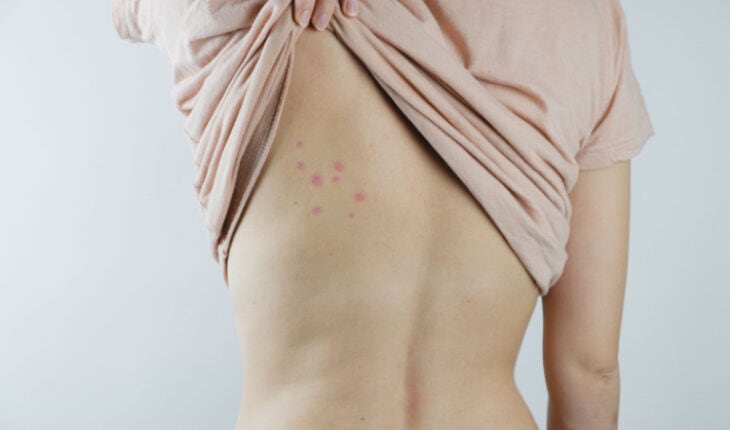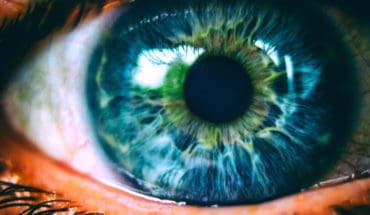A widely reported bedbug infestation has broken out in Paris and there’s been suggestions of them moving to the UK. Superintendent Pharmacist of Pharmacy2u, Phil Day reveals how to identify, treat and prevent the pests.
Identifying Bedbug Bites:
Bedbug bites tend to be very itchy and uncomfortable, but they are not usually dangerous. Below are a few tips on how to identify a bedbug bite:
1. Pattern: Bedbug bites usually appear in a clustered or linear pattern in areas of exposed skin such as arms, legs, neck, and face.
2. Appearance: They typically resemble small, red welts or raised bumps. On black or brown skin, they may look purple and may be harder to see.
3. Itching: Bedbug bites can be intensely itchy, and the itching may persist for several days.
4. Nocturnal occurrence: Bedbugs are most active at night, so bites often occur while you’re sleeping.
Treating Bedbug Bites:
Although bug bites can be uncomfortable, the good news is that they usually resolve on their own within a week or two.
1. Clean the Area: Wash the affected area gently with soap and water to reduce the risk of infection. Avoid scrubbing, as this can irritate the bites.
2. Topical steroids: Your pharmacist can advise on the best over-the-counter hydrocortisone cream or ointment that can help relieve itching and inflammation.
3. Antihistamines: Taking an oral antihistamine like Piriteze can help reduce itching and discomfort. These are available to purchase on Pharmacy2U, please follow the dosing instructions given by your pharmacist
4. Avoid Scratching: While it’s tempting, scratching can lead to infection and prolonged healing. Try to resist the urge to scratch the bites.
5. Cold Compress: Applying something cool like a clean cloth soaked in cold water can relieve itching and reduce swelling.
Preventing Further Bites:
1. Inspect and clean: Thoroughly inspect your bedding, mattress, and the surrounding area for signs of bedbugs. Wash and dry your bedding, including sheets and pillowcases and any items of clothing that may have come into contact with the bedding, on high heat for at least 30 minutes to kill any bugs.
2. Seek a professional: If you suspect a bedbug infestation in your home, it’s best to contact a professional pest control service or local council for effective eradication.
3. Travel precautions: When travelling, inspect hotel rooms for signs of bedbugs. Keep your luggage off the floor and inspect both luggage and clothing before bringing them back to your room
If your symptoms persist, worsen, or if you experience a severe allergic reaction, such as difficulty breathing or swelling of the face or throat, seek immediate medical attention.
- New lipid-based pathway discovered as key to memory formation - 25th June 2025
- Crucial link could explain how Alzheimer’s takes hold - 25th June 2025
- Understanding Your Mind Can Improve Daily Life - 25th June 2025







